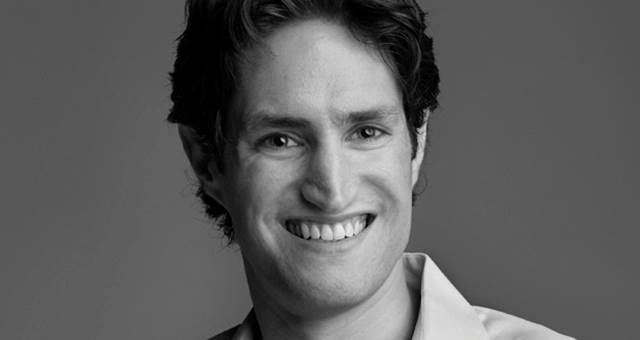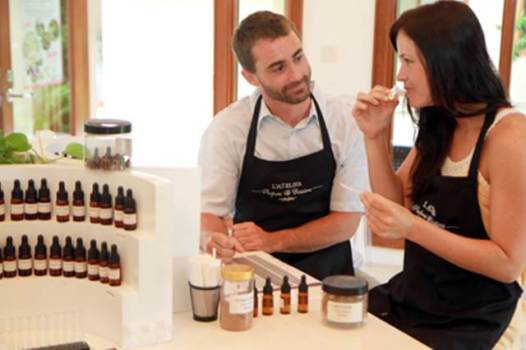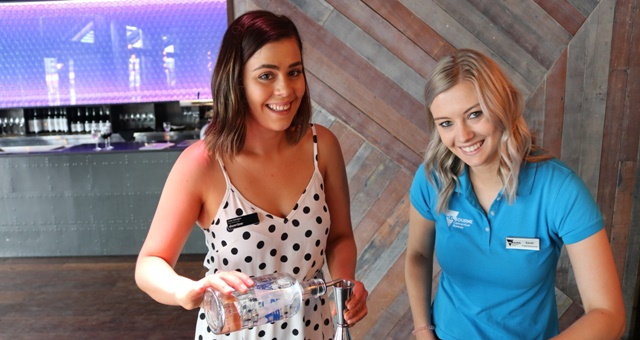
TEDx Sydney speaker and New York University assistant professor of marketing and psychology Adam Alter talks to SpiceNews about the processes involved in decision making.
1. What are people’s main motivating factors when making a decision?
That’s a big, big question with lots of answers—so many that dozens of people spend their entire careers trying to identify just one or two determinants of decision-making. Two that stick out, though, are happiness—a drive to feel good—and meaningfulness—a drive to live a life with purpose beyond simple happiness.
2. How can we change the way we make decisions? What are some strategies for making better decisions?
There are many approaches but one of the most famous is a method known as the multi-attribute model. Say you’re trying to choose between two new mobile phones, Phone A and Phone B. Imagine Phone A scores 9/10 for screen clarity, but only 5/10 for battery life, whereas Phone B scores 7/10 for screen clarity, and 8/10 for battery life. How do you know which one’s better for you, overall? The best approach is to weight each of those two attributes—screen clarity and battery life—so you place just the right degree of emphasis on each one. So I might say screen clarity matters 60/100 and battery life matters 40/100. Phone A scores a total of (9 x 60) + (5 x 40) = 740, whereas Phone B scores (7 x 60) + (8 x 40) = 760. I should buy Phone B. You can repeat the process for a more complicated purchase, too, breaking the complexity of the decision down into smaller factors.
3. What is behavioural economics and how does it apply to the events and business tourism industry?
Behavioural economics is a branch of economic theory that recognises that people aren’t perfectly rational beings who make perfect sense of all the information in front of them. For example, we know that people experience losses more strongly than gains, so a loss of $1000 hurts more than a win of $1000 feels good. This tendency, known as loss aversion, drives many of our actions—it leads us to pay too much to insure purchases sometimes—but it’s not part of the standard economic model. It might also lead people in the events and tourism industries to over-insure against losses, for example.
4. What are the best ways to influence someone to choose you/your company’s product or service?
Again, a massive question worth books and books of answers. One factor from my own research: name them carefully. Simpler names tend to attract more interest, they’re more memorable and repeated more often, and people find items with simpler names more pleasing and valuable.
5. Does decision-making style and speed vary among age groups?
A bit. Younger people are sometimes more impulsive, sometimes more likely to be swayed by their peers; older adults can be more susceptible to influence.
6. Do men and women make decisions differently?
Not in a systematic way, though in general, of course, they prefer different items and find different factors more important.



